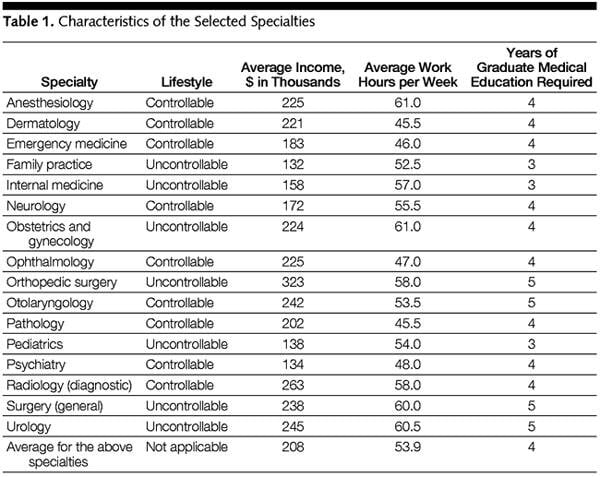- Joined
- Dec 17, 2008
- Messages
- 4,303
- Reaction score
- 22,292
+1 This is actually very interesting.
So then the way a particular team/ hospital logs and enforces their hours can have an impact on the quality of training you receive (or atleast perceive to)? That's what I gathered from your comment to not care about hour restrictions as a chief but log them as compliant.
There are a couple of things at play here.
---
The first is the regulations themselves. Right now, in brief summary, the regulations are as follows:
1. 80 hr/week maximum, averaged over 4 weeks
2. 1 day off in 7 (*some specialties allow this to be averaged over 4 weeks, others it is strictly per week. Also is technically defined as a 24 hour continuous period off, rather than a calendar day. More on that in a second)
3. Maximum shift length of 16 hrs for interns, 24 hrs for PGY2 and up
4. 8 hour required/10 hour recommended period between shifts
5. For interns, if on night float, no more than 6 consecutive night shifts in a row
So as you can see, those are a lot of restrictions that can make life very inflexible. The 8 hr break period, and the 16 hr shift limit in particular, and the 1 day off in 7 particularly if enforced week to week.
For the 1 day off in 7 --> This functionally means in a lot of programs you don't get weekends off, ever, on inpatient services. You get your one day off, and it is often a random tuesday or something. In the old system, if you could average your days off, you could swap with a colleague and get a full weekend off in exchange for working another weekend.
The lack of flexibility has also led to some programs defining the 24 hrs when you switch from nights to days or vice versa as your day off (i.e. you leave at 6am from your night shift, come back the next morning at 6am) - this is commonly called a DOMA (day off, my a**)
In summary - while the 80 hr limit in and of itself is probably reasonable, the additional regulations make it so inflexible on a day to day basis that it makes scheduling really difficult.
----
The second issue is reporting of hours.
The vast majority of residency programs rely on self-reporting of the duty hours. Bottom line...if your residents are happy, they are going to log hours that comply with the rules (regardless of their real hours), because they don't want to change anything.
When I am a chief, I believe (based on my experience with the program thus far), that on the whole my hours will be compliant or very close to it with the "spirit" of the 80 hour work week. But I have no interest in "tapping out" because some stupid rule says that if I'm not home by 8pm I won't meet my 8 hour break requirement. So I will just check the boxes and make sure my reported hours meet the rules, and no one in my program will care.
There are some hospitals that attempt more strict mechanisms for logging of hours such as a swipe in/swipe out system (NY hospitals if I recall). There have been studies looking at this and bottom line is residents find ways around this just as well as in a self-reported system.




